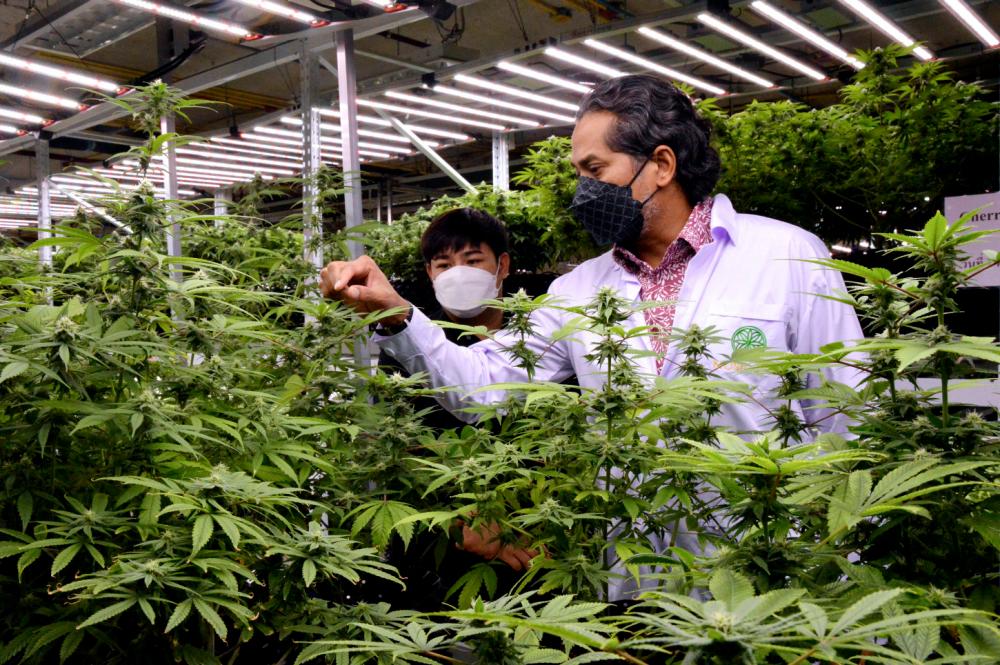KUALA LUMPUR: On Aug 25, caretaker Health Minister Khairy Jamaluddin confirmed that the government will make a final decision on the use of cannabis for medical purposes.
He expressed confidence that the Health Ministry could study Thailand’s experience and adapt it to the Malaysian context if the government decides in favour of it.
If approved, the ministry will determine a framework for its use.
“I want to move fast. I am confident we will be able to take a stand this year. The main decision, yes or no, will be made this year, with the policy likely being implemented next year. That is my target,” he told Bernama during a four-day fact-finding mission to Thailand.
Governor of the Tourism Authority of Thailand Yuthasak Supasorn said as of August, 647,648 Malaysians visited Thailand as tourists.
It is believed that a portion of them had a secondary purpose of sampling the various cannabis-laced food and beverage products that are widely available there, apart from trying medical cannabis for their ailments.
However, National Poison Centre director Prof Datuk Dr Mohamed Isa Abd Majid cautioned that continuous consumption of cannabidiol (CBD) products, even involving a low percentage of Tetrahydrocannabinol (THC), which is the principal psychoactive constituent of cannabis, could result in a buildup of the substance in the body and return a positive reading in urine tests administered by police.
He said urine tests could show false positive results despite consumption of products with low THC, adding that another possibility for a false positive result is the presence of CBD in the bloodstream.
Mohamed Isa said to minimise such situations, two tests would be conducted.
“First is the screening test, followed by the confirmation test using a different method to check the content of THC in the urine.
“For patients undergoing treatment with medical marijuana and who test positive after screening, chances are their THC presence in the confirmation test would not be so high.
“Section 31(a) of the Dangerous Drugs Act 1952 allows police to collect urine samples from anyone suspected to have taken illegal drugs,” Mohamed Isa said after the International Conference on Medicinal Herbs and Addiction Treatment event recently.
He added that Thailand, which has legalised cannabis for medical use, requires patients on CBD treatment to have a medical practitioner issue a card certifying that the patient is undergoing cannabis drug treatment, in the event of a positive result in tests conducted by authorities.
Perlis police chief Datuk Surina Saad has warned Malaysians visiting Thailand not to consume or smoke cannabis while they are there. They are also prohibited from returning with the substance.
She said police will act against anyone bringing cannabis into the country even if it was contained in foodstuff or drinks.
“We don’t have the power to prevent anyone from visiting the neighbouring country and taking cannabis there. But legal action can be taken against them under the Dangerous Drugs Act 1952 if they return with drugs or are found to be under the influence,” she said.









